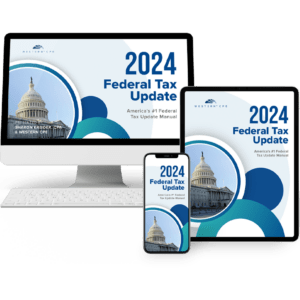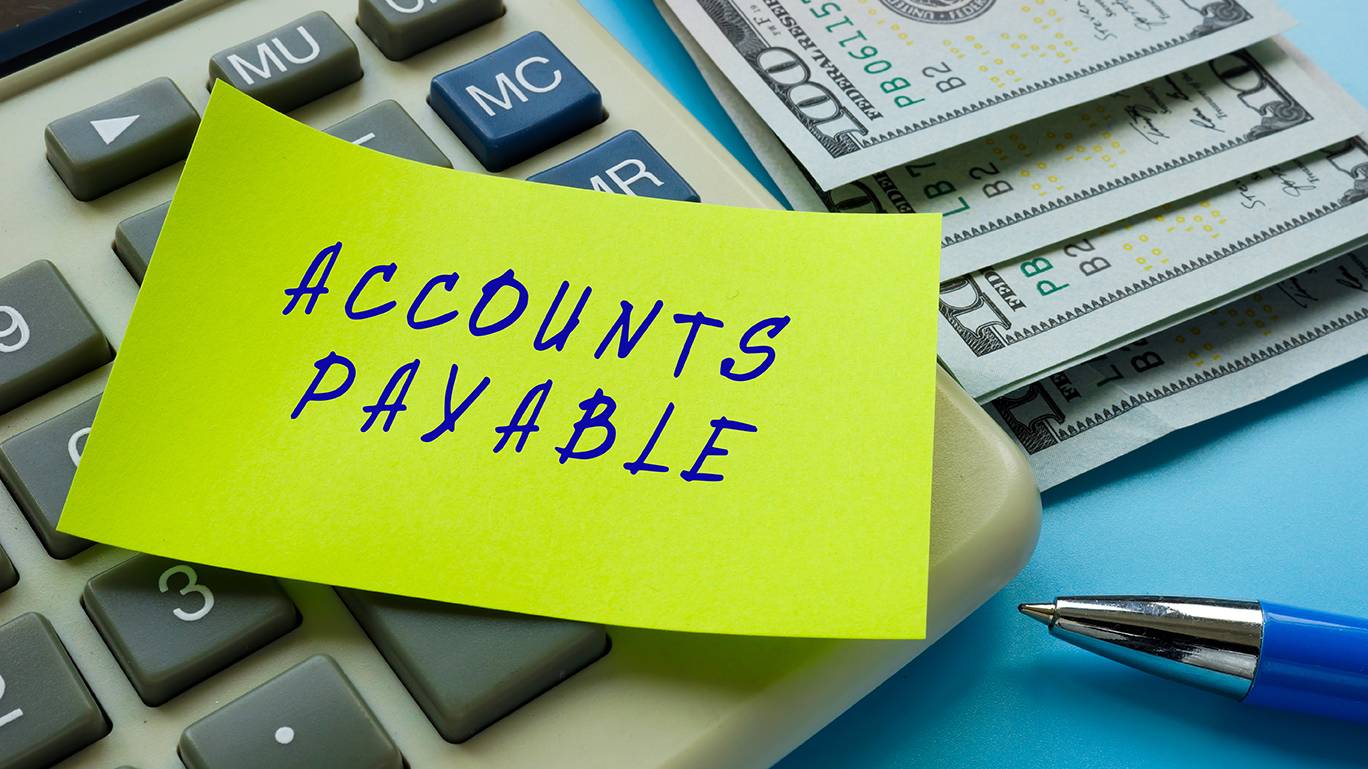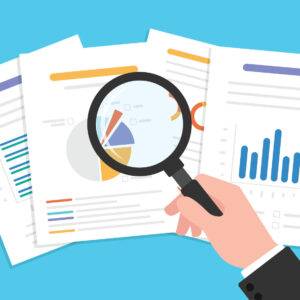WESTERN CPE BLOG
Providing the latest tax news, information, and updates for tax and finance professionals
South Carolina CPE Requirements: Everything You Need to Know to Stay Compliant
Introduction
Staying compliant with South Carolina’s Continuing Professional Education (CPE) requirements is critical for accountants and financial professionals. With the license renewal deadline quickly approaching on January 31, now is the perfect time to ensure you meet the state’s annual CPE requirements.
This guide outlines South Carolina’s specific CPE requirements, reporting deadlines, and common challenges professionals encounter. By the end, you’ll have a clear path to compliance and a plan for choosing the right courses to meet your needs.
Overview of South Carolina Accounting CPE Requirements
To maintain your license in South Carolina, you must fulfill the following CPE requirements:
- Total CPE Hours Required: 40 hours annually
- Ethics CPE Requirement: 2 hours annually
- CPE Reporting Period: January 1 to December 31 annually
- CPA License Renewal Deadline: January 31 annually
Credit Limitations and Special Rules
- Meal Events: Breakfast, lunch, or dinner meetings do not count unless they include at least 50 minutes of continuous instruction following the meal.
- Instruction Limits: Teaching university, college, or graduate courses is limited to 25% of total hours and excludes introductory-level courses.
- Peer Review: Participation in peer reviews is limited to 16 hours.
- Personal Development: Capped at 20% of total hours.
- Published Materials: Authorship credits are limited to 25% of total hours.
- Self-Study: No more than 50% of total hours can come from self-study. Courses must be provided by NASBA Quality Assurance Service (QAS) providers.
- Nano Learning: Limited to a maximum of 2 hours annually.
Additional Policies
- Carryover Credits: Up to 20 hours can carry forward to the next reporting period, but certain credit types (peer review, personal development, published materials, self-study, or teaching university/college courses) cannot be carried forward.
- Daily Maximum: No more than 10 CPE hours can be earned in a single day.
- Compliance Reports: South Carolina may accept a compliance report from another jurisdiction if the requirements are deemed substantially equivalent.
Common Challenges
Navigating SC CPE requirements can be daunting. Here are some common challenges professionals face:
- Understanding Credit Limitations: With restrictions on self-study, nano learning, and other formats, it can be tricky to ensure your chosen courses qualify. If you need live CPE credits, join us in Las Vegas.
- Balancing Time Commitments: The daily maximum of 10 hours can complicate last-minute efforts to meet requirements.
- Meeting the Ethics Requirement: Ethics courses are mandatory annually but can sometimes be overlooked. Thankfully, Western CPE has you covered.
- Carryover Confusion: Knowing which credits can and cannot be carried forward is crucial to avoid overestimating your compliance status.
Recommended Courses
These courses have been particularly popular with professionals in South Carolina and are tailored to meet your needs:
America’s #1 Federal Tax Update is a comprehensive collection focused on individual and business taxation that covers all of the latest developments the IRS, legislative, and judicial folks can and will throw your way. It’s bigger, better, and more trusted than the knock-offs out there, so accept no substitutes.
Take control of your continuing education with Western’s Credit Packages: flexible CPE that fits your exact requirements. Get access to our entire digital course library, including webcasts, self-study, and self-study video courses. It’s like an unlimited CPE subscription, but better—you only pay for what you need.
Engaging program for South Carolina CPA Ethics and Professional Standards. Experience a unique approach to ethical principles while fulfilling state requirements through thought-provoking examples.
Updated guide to Beneficial Ownership Information Reporting Requirements. Learn essential compliance procedures for the new CTA while mastering BOI reporting processes for business entities.
Cutting-edge CPE course for Future-Ready Accounts Payable Management. Transform your AP function through emerging technologies while preparing for industry shifts and evolving responsibilities.
Practical guidelines for Compilation and Non-Audit Service Management. Balance professional standards with client value while navigating reporting requirements and risk mitigation through real-world cases.
Conclusion
Meeting South Carolina Board of Accountancy CPE requirements doesn’t have to be overwhelming. By understanding the rules, avoiding common pitfalls, and choosing the right courses, you can stay compliant and maintain your professional license.
Join thousands of professionals who trust us to help them meet their CPE requirements. Browse our catalog today and discover courses designed to fit your goals and deadlines.
FAQ
Q: What is the deadline to report CPE hours in South Carolina?
A: The reporting period ends on December 31, and the license renewal deadline is January 31 annually.
Q: Can I carry over unused CPE credits?
A: Yes, up to 20 credit hours can be carried forward. However, credits earned from peer review, published materials, self-study, personal development, or teaching cannot be carried forward.
Q: How many self-study hours can I use?
A: Self-study credits are limited to 50% of your total hours, and courses must be from NASBA QAS-approved providers.
Q: What qualifies as an ethics course?
A: Any course explicitly focused on ethics in the profession and meeting state guidelines qualifies for the 2-hour requirement.
Q: How can I ensure my courses meet South Carolina’s requirements?
A: Choose courses that align with the state’s guidelines and limitations. Look for NASBA QAS-approved self-study courses and ensure other formats meet state criteria.
-
Self-Study
The Risk of Abuse in Accounting Estimates: GAAP Insights and Audit Strategies
$58.00 – $78.00 Select options This product has multiple variants. The options may be chosen on the product page -
Self-Study
Essentials of Nonprofit Fundraising
$232.00 – $262.00 Select options This product has multiple variants. The options may be chosen on the product page -
Self-Study
Pricing for Profit
$87.00 – $107.00 Select options This product has multiple variants. The options may be chosen on the product page














